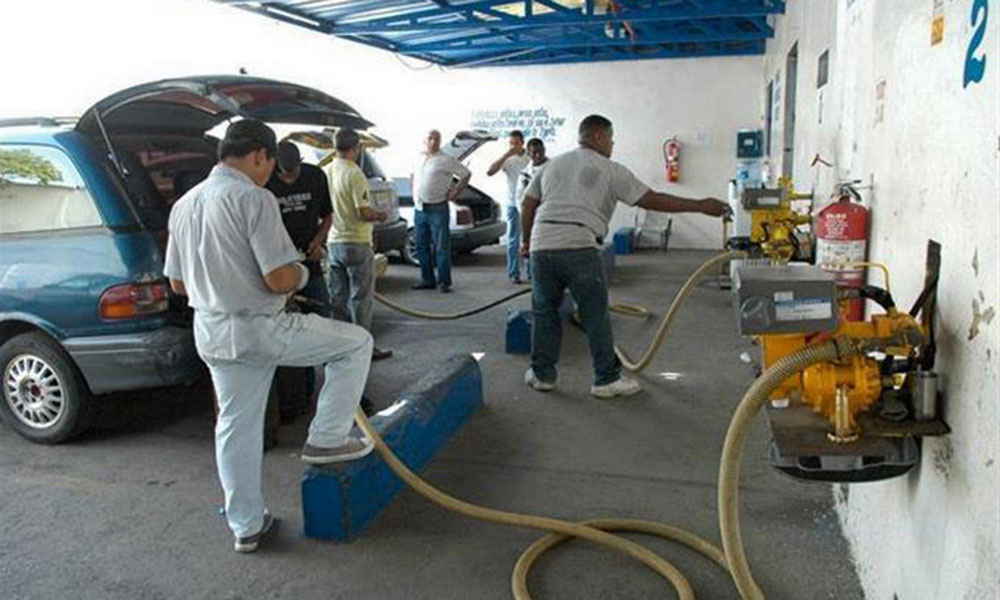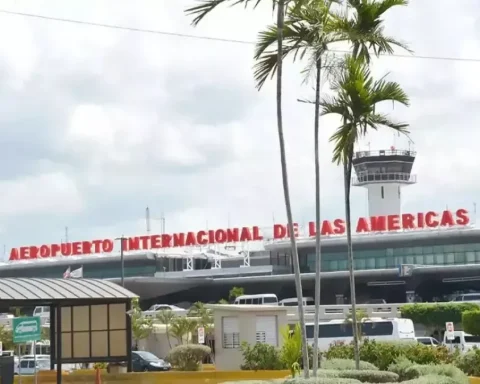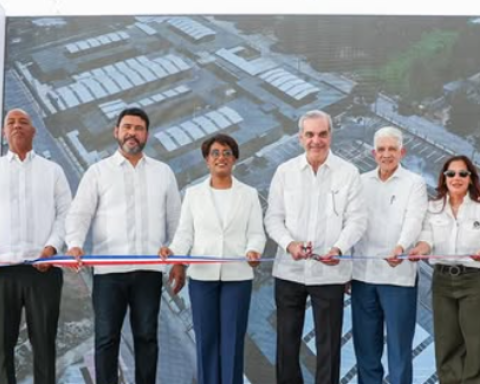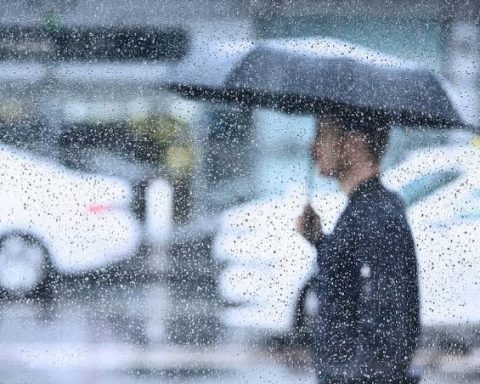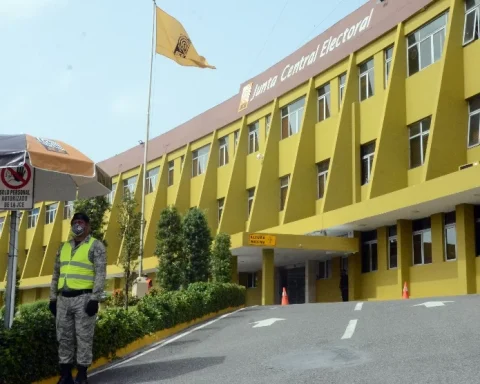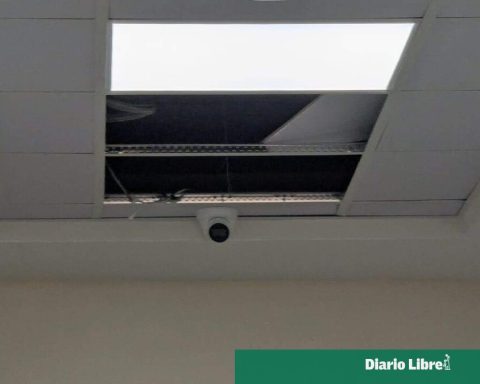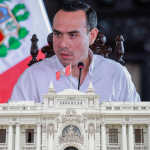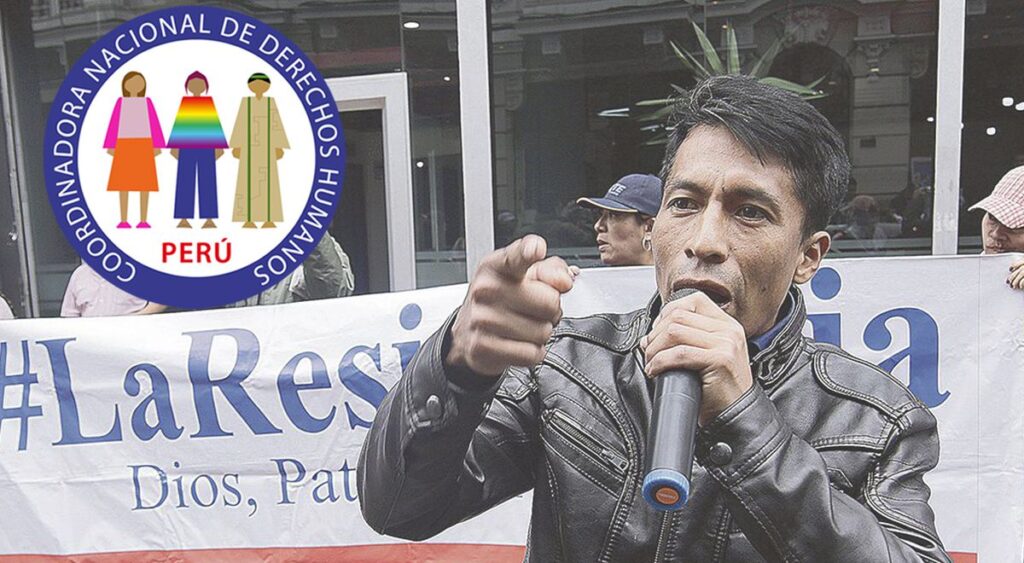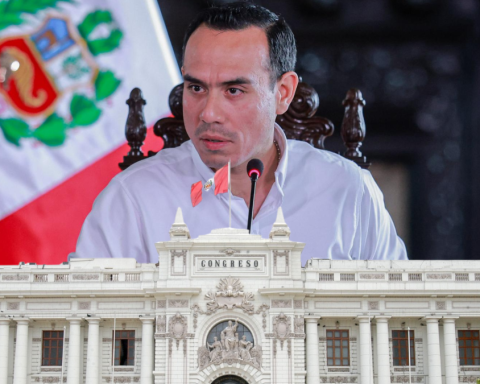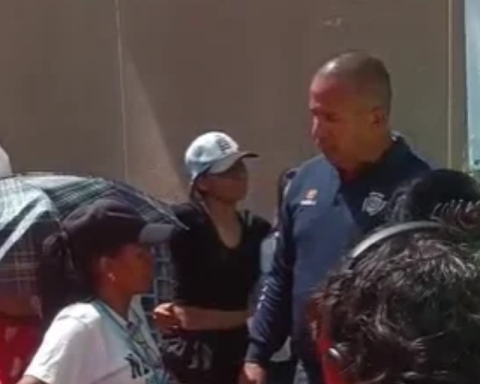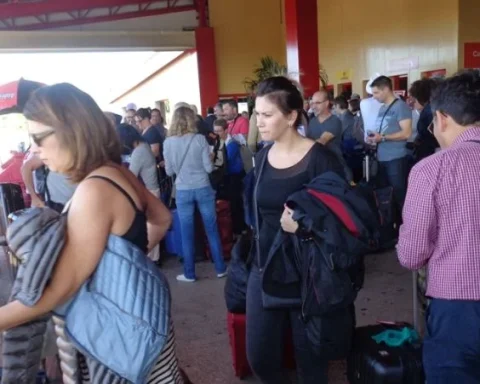The former contribute part of the government collections; a portion of the subsidies is granted in social plans
President Luis Abinader has said – and many people are expectantly – that on February 27 (within four days) he will submit a bill to amend Law 112-00 on Hydrocarbons, with all that this implies, including cost issues. and price setting, but the elimination of fuel taxes seems to be a difficult step to take.
And it seems to be in the current situation taking into account that these taxes play an important role in collections throughout the year. That –by the way- clearly poses a challenge to the Government in terms of the subsidies it grants.
The Government has difficulties in public finances and both the ad valoren (value) tax, which is 16%, and the specific tax on fuels clear the way for them to raise money. Via the ad valoren it captures around 47 billion, and via the Selective to Consumption, which is a special tax (of 10%) the amount reaches 34 billion. Nor does the road seem to be clearly clear for the head of state to completely eliminate fuel subsidies, granted to drivers and housewives. Removing them would additionally entail a political cost that President Abinader probably does not want to bear.
The General Directorate of Internal Taxes (DGII) reported that, with regard to specific and ad valorem taxes, they contributed RD$47,853.8 million in 2020 (a year hit by the covid-19 pandemic) and RD$60,510 million in the first eleven months of 2021. At the end of the year the amount was higher.
Traditionally, through social assistance programs, direct transfers are provided for the purchase of liquefied petroleum gas to households and drivers registered as beneficiaries.
And indeed, last year RD$3.078 million were granted and for the present RD$3.312 million were budgeted between the two. These budgeted transfers must continue.
However, according to explanations by the economist Miguel Collado, the authorities have placed themselves in an uncomfortable situation by subsidizing, in a generalized way, other fuels. “This is a subsidy that is paid by all taxpayers, but it benefits those who consume the most hydrocarbons. Consequently, it should be discontinued”, says the economics professional. The largest component in fuel prices is taxes.
In gasoline it can represent 33% of the final price, on average. According to how the tax policy has been carried out, it would seem that the authorities would not touch the selective taxes on hydrocarbons.
“However, consumers are paying a high price for taxes and inflation. From the point of view of economic efficiency, the correct thing would be to make an adjustment to taxes and the corresponding adjustment to public spending. That is what the current situation demands, in which consumers are paying higher prices for goods and services, they are contributing with more taxes because the bases of these are increasing due to the same inflation”, advises Miguel Collado.
look at what happens
Specifically, fuel prices are charged with three tax figures: a fixed tax on the price to consumers established by Law 112-00. There is a second ad valorem tax as a percentage of the value of the imported product established by Law 557-05, and a third tax is RD$2.00 for each gallon of diesel and gasoline in its different types consumed in the country. , established by Law 253-12, On Strengthening the State’s Collection Capacity for Fiscal Sustainability and Sustainable Development, dated November 9, 2012.
Although the government will continue to subsidize, perhaps in a focused way, a large part of the increases in fuel prices, it is obvious that it will not be a kind of permanent subsidy, says economist Antonio Ciriaco Cruz.
He warns that “if the government ended up devoting 600 million pesos each week to the fuel subsidy, we would be talking about an annualized amount of 31 billion pesos.”
If what Ciriaco Cruz cites happens, it would be a very high cost for the government. “I think that the government is going to use the resources from the placement of bonds, basically US$2.3 billion that are consigned in the Budget as budgetary support, for the transfer and targeting of those subsidies, both to carriers, to bonogas, to bonoluz, as well as fuels, because it is evident that the government is not going to allow the prices of these products and services to continue to increase,” he suggests.
Therefore, Ciriaco Cruz understands that the government is going to dedicate perhaps an amount similar to that used last year, of almost 14,000 million pesos for the purpose of continuing to subsidize fuel in the Dominican Republic.
In 2021, the Government avoided transferring the entire increase in international oil and derivative prices to retail prices and the fiscal sacrifice or tax expenditure reached RD$15.36 billion (0.29% of GDP), economist Andrés Dauhajre has calculated.
What gave rise to Law 112-00 and past tense
Law 112-00 is more than two decades old and it was with it that a tax on the consumption of fossil fuels and petroleum derivatives was established. This tax began with RD$18.00 per gallon of premium gasoline, RD$15.00 for regular, RD$6.30 for diesel, RD$5.0 for general use fuel oil, RD$5.00 for kerosene and RD$1.75 for avtur.
Gasoline for aviation engines (avtur) was set at RD$18.00 and other gasoline-type fuels for jets and turbines at RD$15.00. To other premium gasoil: (0.3% sulfur or less), general use RD$6.30 and virgin heavy oil (for direct use as fuel) 0.35 cents per gallon, among other crude derivatives. By then, LPG was left out, a derivative that was incorporated into the field of taxes with Law 557-05, on Tax Reform, a rule that became a complement to Law 112-00, with a different category of tax (charge or tax).
